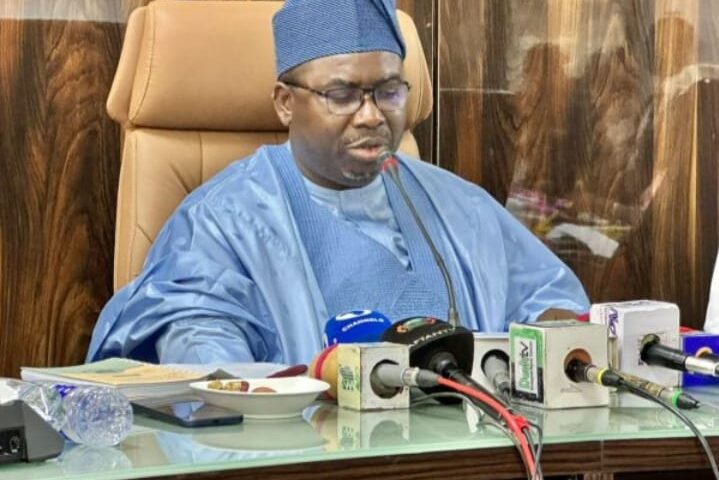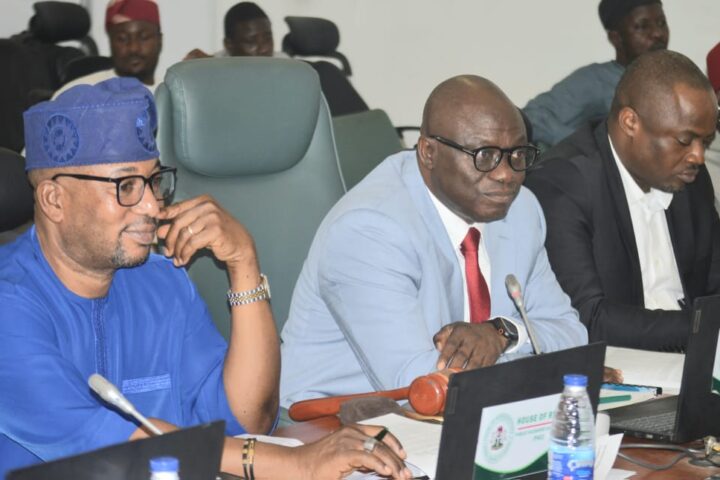Mohammed Shosanya
Mr. Ahmed Galadima Aminu, the Executive Secretary, Petroleum Technology Development Fund (PTDF), on Thursday disclosed measures required to achieve the desired development in the oil and gas sector.
He stated this in a welcome address he delivered at the 10th edition of the Annual Oloibiri Lecture Series and Energy Forum (OLEF), which held in Abuja, with the theme;: ‘Stability in the Nigerian Energy Sector: Integrated Strategies for Infrastructure, Transportation and Security’
He said addressing the issues require concerted efforts and comprehensive interventions across various domains with urgent consideration for the following;
“Investment in Infrastructure: Developing robust infrastructure is fundamental for the efficiency functioning of the energy sector. Consequently, there 1s need to prioritize investments in building and maintaining petroleum and energy infrastructure to ensure a reliable energy supply in the country.
“Improving Trans portation Networks: Investing in road, rail and water transportation infrastructure is required to facilitate the transportation of energy resources, equipment and personnel within the industry.
” Enhancing Security Measures: There is need for the adoption of integrated security measures that encompass preventive measures, surveillance technologies and collaboration with security agencies to safeguard critical energy Infrastructure.
He described the theme as apt adding that it aims to provide a comprehensive analysis of the interconnected dynamics shaping Nigeria’s oil and gas sector, with a focus on infrastructure, transportation, and security.
Chairperson of the Society of Petroleum Engineers (SPE) Nigeria Council, Engr. Salahuddeen Tahir who stressed the importance of technology in improving infrastructure, transportation, and security efforts in the energy sector,.maintained that stability in the energy sector would drive economic growth, national security, and environmental sustainability.
Tahir,who doubles as Head of Asset and Investments Management (NGPIS),said there was need to develop a diversified and sustainable energy transportation system as a measure for mitigating climate change and enhancing energy security.
He emphasized the critical role of energy in modern society saying, “It’s a trigger for essential services such as transportation, heating, electricity generation, medical services, security, banking services, and communication.
He added:”Integrated strategies that address infrastructure, transportation, and security are essential for achieving national stability. While progress has been made in expanding energy infrastructure and enhancing production capacities, significant challenges persist, particularly in areas such as transportation and security.
“The theft and vandalism of pipelines, coupled with inadequate infrastructure, continue to impede the efficient transportation of energy resources, undermining the sector’s stability. Technology, undoubtedly, will play a pivotal role in improving infrastructure, transportation, and security within Nigeria’s energy sector.
“Through the strategic deployment of IoT sensors, data analytics, and digital platforms, operations can by far be optimized, security enhanced, and sustainability promoted.Moreover, fostering public-private partnerships and investing in workforce training will be crucial in ensuring the effective implementation of these technological solutions.”




















